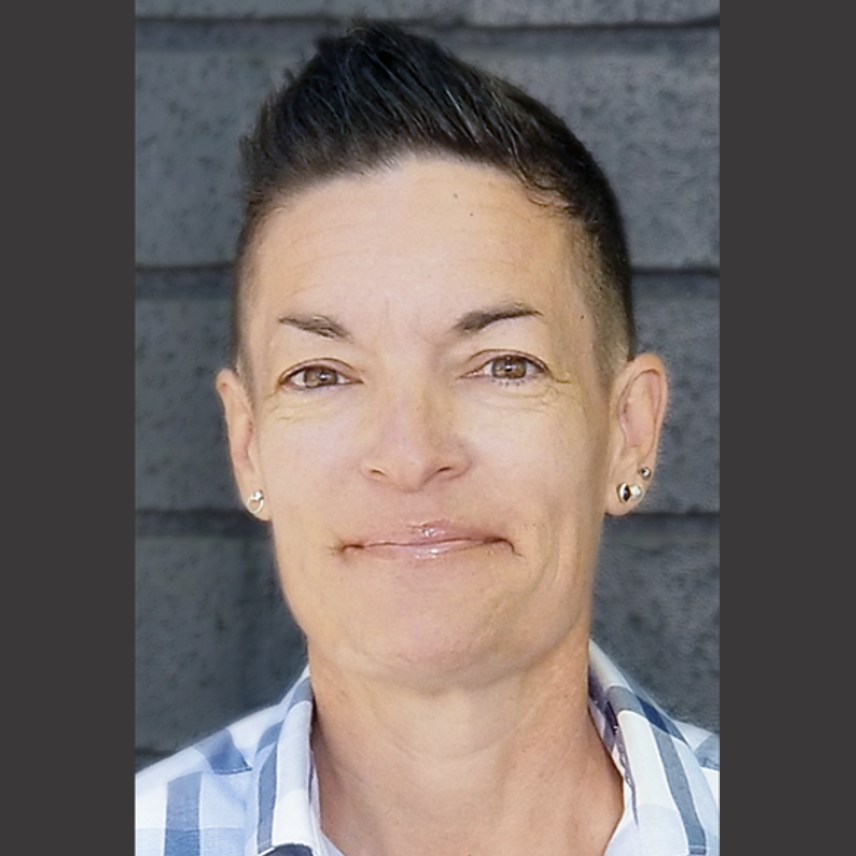
Jodi Nerell
Director, Local Mental Health Engagement, Mental Health and Addiction Care, Sutter Health

Alicia D. Smith
Director of Policy and Implementation, Peg’s Foundation

Richard Dougherty

Cherene Caraco

Jonah C. Cunningham
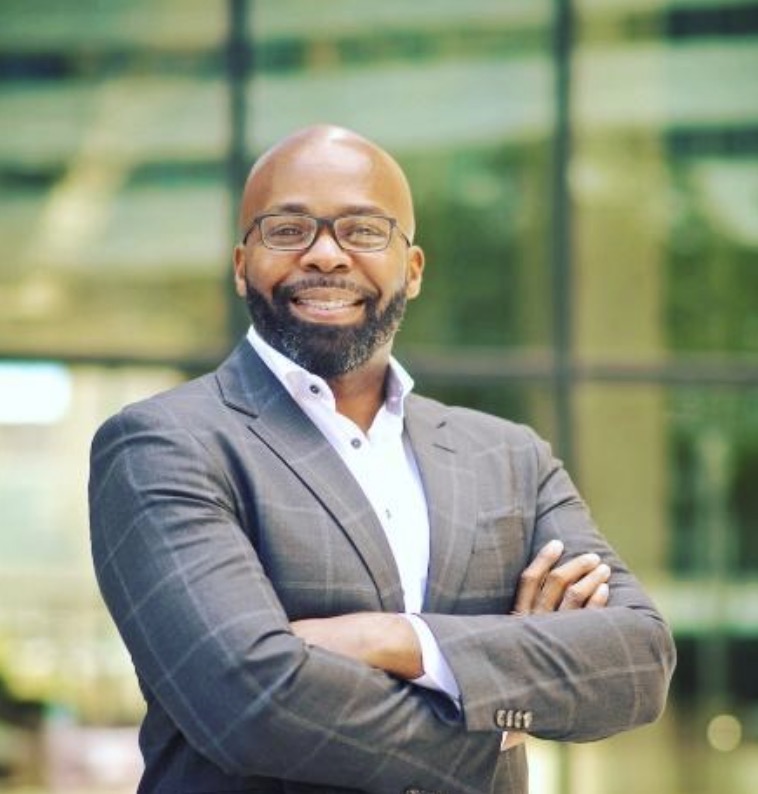
Richard G. Greenhill
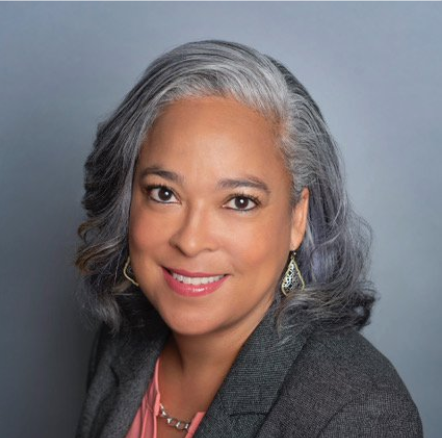
Marcy Melvin

Rachel Rhodes
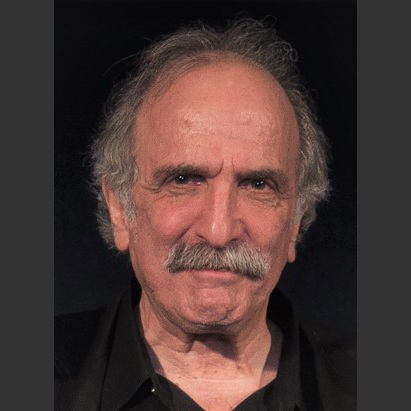
Harvey Rosenthal
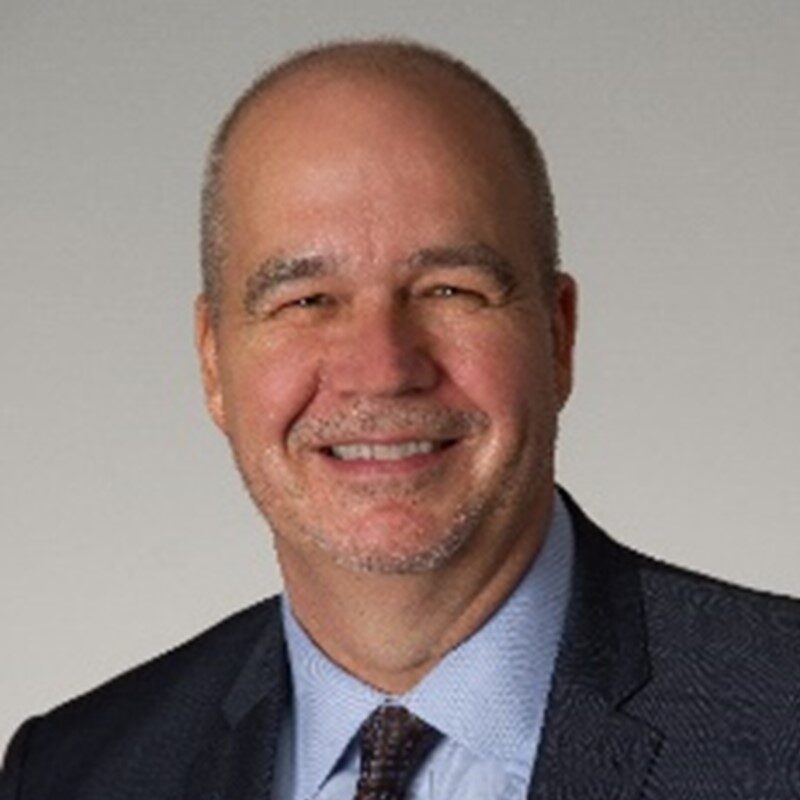
Antony Sheehan

Fran Silvestri
Special Advisor to the President/CEO International Initiative for Mental Health Leadership and International Initiative for Disability Leadership

Larissa Estes White
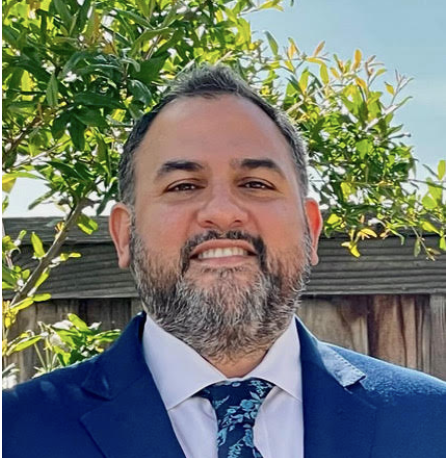
Christopher Zubiate
Jodi Nerell
Jodi Nerell, LCSW is the Director of Local Mental Health Engagement for Sutter Health. In her role, Jodi facilitates cross-sector (hospital, managed-care plans, CBO, NPOs, counties) and interdisciplinary partnerships (peers supports, CHWs, RNs, MDs, clinicians) to better serve the behavioral health needs of our community. This includes addressing opportunities for innovation in the community setting specific to mental health and addiction- addressing ongoing systematic, programmatic and operational issues for populations with complex health/social needs who are often faced with seeking care in acute settings due to lack of availability to or access to, outpatient behavioral health care.
Alicia D. Smith
Alicia D. Smith, MHA, is an Independent Behavioral Health Policy Consultant based in Columbus, Ohio. She also serves as Director of Policy and Implementation of Peg’s Foundation, the largest philanthropic funder of mental health services in Ohio. Peg’s Foundation promotes the implementation of a stronger, more effective, compassionate and inclusive health care system for all. In her role, Alicia advances the foundation’s strategic priorities to improve systems, programs and policies in service to persons with mental illness. She supports the foundation’s work to identify sustainable solutions for the financing and delivery of crisis response services. She helps increase engagement and coordination with state health care policymakers on priority issues. She conducts research and develops reports on mental health financing and service coverage strategies used in other states for potential replication in Ohio.
Alicia has over 25 years of experience with Medicaid and other public assistance programs, and has worked extensively with national and state mental health and substance use disorder payment and regulatory systems and providers. Alicia has provided policy and program development and analysis consultation to numerous state Medicaid agencies. She has also led several large scale, multi-stakeholder projects on behalf of Medicaid managed care organizations, community behavioral health providers, hospital and health systems, and state and national trade associations.
Alicia D. Smith, MHA, began her career in 1995 working at the Ohio Department of Job and Family Services (now the Ohio Department of Medicaid) as a policy and program developer. Alicia has a Bachelor’s degree in political science from Central State University in Wilberforce, Ohio and a Master’s degree in health administration from The Ohio State University.
Richard Dougherty
Dr. Richard Dougherty is President of the non-profit organization BasicNeeds US and recently retired, after 35 years of leading DMA Health Strategies, a national behavioral health policy and research organization. Dick is particularly pleased that DMA now has reorganized into a worker and woman owned cooperative.
As President of BasicNeeds US, a 501(c)(3) non-profit, Dick volunteers all his time and provides support for effective and recovery-driven, global mental health policy, with a particular focus on low-income countries. He leads fundraising, grant-making, advocacy and technical assistance with a network of BasicNeeds programs and with global advocates. He advises numerous national organizations, has published extensively, sits on several boards and received the 2011 Walter Barton Distinguished Fellow Award from The College of Behavioral Health Leadership.
Dr. Dougherty went to Colgate University, the School of Social Service Administration at the University of Chicago and received his Ph.D. in Applied Social Psychology from Boston University.
Cherene Caraco
Cherene Caraco has made the last 28 years her personal and professional mission to understand how services and systems can either foster wellness, healing and a high quality of life or can harm the process of recovery. She has used her experience with behavioral health services and systems throughout the country and as an international and national consultant to Managed Care Organizations, Hospitals, States and Behavioral Health Organizations to operationalize mental health recovery, trauma informed organizational change, integrating high integrity peer support, psychiatric rehabilitation and supported employment.
In 2005/2006, Cherene started Promise Resource Network (PRN), a peer-operated and staffed non-profit organization serving people that are uninsured who experience complex combinations of mental health, substance use challenges, houselessness and incarceration. The organization operates 16 programs including 24/7 crisis alternatives to emergency department and involuntary commitment, jail and prison diversion and re-entry, and houselessness to homeownership programs. For its efforts, PRN has been ranked the 2021 2nd Best Non-Profit in the Country to Work For and was featured by NBC in November for its work with peer-run hospital diversion, recovery-oriented policy, and trauma-informed crisis prevention and response.
In 2019, Cherene started Peer Voice NC, a statewide movement of people directly impacted by mental health issues to organize and mobilize around legislative and practice change. This legislative session, 4 bills with bi-partisan support were introduced aimed at reducing the use of mental health related confinement, establishing open access peer-run alternatives to psychiatric commitment, and introducing non-police community response alternatives with people experiencing mental health, poverty related, and/or substance use crises. Cherene is honored to have been named the 2021 Innovator of the Year by the Bazelon Center for Mental Health Law.
Jonah C. Cunningham
Jonah C. Cunningham currently serves as President and CEO of the National Association of County Behavioral Health and Developmental Disability Directors (NACBHDD). In this role he proactively advocates for national policies that recognize and support the critical role counties play in caring for people affected by mental illness, addiction, and developmental disabilities. In this capacity he also serves as Executive Director of the National Association for Rural Mental Health.
Prior to joining NACBHDD, Jonah worked at Trust for America’s Health, a public health think tank, where he focused extensively on ways to reduce mortality from substance misuse and suicide. Additionally, he worked as a congressional staffer for several years in the office of Congresswoman Grace F. Napolitano (CA) where he helped to reestablish the Congressional Mental Health Caucus and created a Suicide Prevention Task Force within the Caucus.
Jonah C. Cunningham has received numerous awards and recognition for his commitment to the field of behavioral health and those served by the nation’s behavioral health system. Jonah has a Bachelor of Science in Political Science from the University of Utah and a Master of Public Policy from The George Washington University. In his free time, he enjoys learning how to cook and is an avid Jiu-Jitsu practitioner.
Richard G. Greenhill
Richard G. Greenhill, DHA, FACHE, is an internationally recognized healthcare quality leader and the Director of the Bachelor of Science in Healthcare Management Program at Texas Tech University Health Sciences Center. His career spans more than 30 years starting in laboratory medicine onward to multi-sectoral senior leadership; and now academia. He honorably retired from the U.S. Navy after a decorated career serving in various leadership roles around the globe in support of Navy Medicine.
Dr. Greenhill is a member of the prestigious International Academy of Quality and Safety (IAQS); a content expert for the National Association for Healthcare Quality (NAHQ), an International Society for Quality in Healthcare (ISQua) Expert for patient safety and quality improvement, and Deputy Editor of the International Journal for Quality in Healthcare, Communications (IJCOMS). He is American College of Healthcare Executives Faculty, board certified in healthcare management and Fellow of the American College of Healthcare Executives (FACHE).
Marcy Melvin
Marcy Melvin is a pivotal executive with over 25 years of experience in behavioral health policy, training, and clinical practice. As a Licensed Professional Counselor in Texas her experience includes providing direct clinical and supervisory services to children, youth, parents, and young adults in various clinical settings including residential, in-home, outpatient, private practice, primary, secondary, and post-secondary locations. Marcy is extremely passionate about advancing health equity and reducing disparities and disproportionality; this has been a culmination of her life’s work in various clinical, organizational and systems settings.
Marcy has a Bachelor of Science in Psychology from Xavier University of Louisiana and a Master of Arts in Clinical Psychology from Fisk University.
Rachel Rhodes
Rachel Rhodes, L.M.S.W., C.P.C., holds a license in clinical social work and a certification as a prevention consultant. She currently works as the Substance Use Disorder (SUD) Regional Prevention Coordinator for a nonprofit governmental agency in Oakland County, MI. During her time in this role, she managed the SUD prevention project grants, spearheaded the needs assessment for the department, and facilitated Diversity, Equity, & Inclusion (DEI) courageous conversations to name a few.
Rachel has a Master of Social Work from Grand Valley State University, and a Bachelor of Science in psychology with a Minor in nonprofit administration from Grand Valley. Rachel has dedicated her career for over a decade in the behavioral health field where she has served the community operating in various positions such as therapist, facilitator, educator, and project manager to name a few. She has experience working with severely mentally ill (SMI) populations, persons with a status of Not Guilty by Reason of Insanity (NGRI), parents working on reunification, at-risk youth, and young adults.
Rachel Rhodes, L.M.S.W., C.P.C., is passionate about advocacy for breaking down barriers in racial disparities. Her passion for helping marginalized groups led to her interest in participating on the Michigan Child Support Anti-Racism Transformation Team to address disparities in policies impacting Black, Indigenous, People of Color (BIPOC). Her personal mission is to inspire others through encouragement and empowerment. Rachel is excited to bring her wealth of knowledge, experience, and perspective to the College of Behavioral Health Leadership in her role as Board Member.
Harvey Rosenthal
Harvey Rosenthal has over 45 years of experience working to promote public mental health policies and practices that advance the recovery, rehabilitation, rights, and full community inclusion of individuals with psychiatric disabilities and/or diagnoses. He has provided service in inpatient and outpatient treatment settings, served a director for a clubhouse program for 10 years in Albany New York and as CEO of the New York Association of Psychiatric Rehabilitation Services (NYAPRS) since 1993.
Under his leadership, NYAPRS’ advocacy has helped to transform state and national mental health policy and service systems, increase access to community-based housing, employment and peer support services, and advance numerous recovery and criminal justice related mental health reforms.
Harvey has helped to create several nationally acclaimed and replicated peer support and transformational training innovations, including the NYAPRS Peer Bridger Model™, the NYAPRS Training Collective and Project Inset, a peer led outreach and engagement and support initiative for people with repeat experiences with homelessness, incarceration and hospitalization. He has also worked to fight stigma, discrimination, and human rights violations and to advance informed choice protections, self-directed care and racial equity.
Harvey currently serves on the boards of the Bazelon Center for Mental Health Law and the College for Behavioral Health Leadership and as a member of New York’s Most Integrated Setting Coordinating Council, Value Based Payment Work Group and the Advisory Council for the New York Justice Center for the Protection of People with Special Needs.
His work has been recognized with the highest honors from Mental Health America, the College for Behavioral Health Leadership, the U.S. Psychiatric Rehabilitation Association, the National Coalition for Mental Health Recovery, Alternatives, the National Association of Peer Supporters and the Bazelon Center for Mental Health Law.
Harvey’s work and commitment to our community is personal, dating back to a psychiatric hospitalization at age 19.
Antony Sheehan
Antony Sheehan has served as President and CEO of Aspire Health Alliance (formerly South Shore Mental Health) since June 2017.
Antony has over 25 years of experience in health care strategy, management, clinical and policy roles. He began his career in the United Kingdom as a clinical nurse practitioner specializing in addictive behavior and mental health. He pursued his interests in health care policy and administration, serving as a Senior Civil Servant during the Blair Administration and then as a hospital system CEO in The UK National Health Service. Antony moved to the United States after an appointment at the Institute for Healthcare Improvement in Cambridge, MA. Prior to Aspire Health Alliance, he was the President of a not-for-profit providing healthcare access to the uninsured, and a Senior Advisor in Community Health Programs at Methodist Le Bonheur Healthcare in Memphis, Tennessee.
Antony Sheehan lives with his wife, two daughters, two dogs, and their bearded dragon in Hanover, Mass.
Fran Silvestri
Fran Silvestri, MBA, recently left the role as founding President and Chief Executive Officer of the International Initiative for Mental Health Leadership (IIMHL) and International Initiative for Disability Leadership (IIDL), which he helped organize in 2003. IIMHL is jointly funded by ten countries, to build partnerships between mental health leaders in order to rapidly exchange knowledge of best and promising practices internationally.
Before his work with IIMHL, Fran was CEO of Monadnock Family Services (MFS) in Keene, NH. In this role he looked internationally to identify, and then replicate, innovative services that promote recovery and social inclusion for consumers of mental health services. Such services have included the Wyman Way Cooperative, an independent, non-profit corporation managed and operated by consumers of mental health services (based on the Trieste model). He was a founder of a state wide Integrated MH network in New Hampshire owned by six hospitals, 10 MH centers and the largest physician practice in the state.
Through his work with IIMHL, he has assisted in building international collaborations resulting in the rapid transfer of innovations and creative practices from one country to another.
The unique week long IIMHL Leadership Exchange is held every two years and is a unique global experience for key MH leaders to meet international colleagues, share knowledge and build partnerships. IIMHL also has facilitated a series of ongoing collaborations on specific topics and has partnered with the WHO on their Special Initiative working with 10 low and middle income countries to link key national mental health leaders to support developments.
Larissa Estes White
Larissa J. Estes, DrPH serves as the Executive Director of Racial Equity Commission for the Office of the Governor, State of California. She has over 20 years of experience in allied health, healthcare, and public health with a focus on working across sectors to address challenges experienced by community. Prior to joining the Governor’s Office, Dr. Estes served as the Executive Director of ALL IN Alameda County. She is interested in integrating evidence-informed strategies into policy and systems change across sectors that impact equity, community wellbeing.
Dr. Estes has prior experience in program planning, implementation, and evaluation; health equity; maternal and child health; women’s health; mental health and wellbeing; public health approaches in healthcare; and policy and systems change at the federal, state, and local level. Dr. Estes received her BS in Athletic Training from Duquesne University, an MPH in Family and Child Health from the University of Arizona, and a DrPH in Community Health Practice from the University of Texas Health Science Center, Houston. Dr. Estes is a member and Alpha Kappa Alpha Sorority, Inc. and serves on several boards including the Black Cultural Zone (Oakland, CA) and American Cancer Society (San Francisco Bay Area).
Christopher Zubiate
Dr. Christopher Zubiate is an esteemed leader in health policy, administration, and practice. He possesses over two decades of experience, dedicating his professional career to serve some of California’s most disenfranchised and unhealthy populations—those suffering from persistent mental illness. His personal experiences as a member of the Native American community, paired with his expertise in healthcare administration and clinical social work, underpin his unique ability to effect changes that result in more inclusive, innovative, and cost-effective systems.
Dr. Zubiate’s passion for enhancing healthcare services extends beyond his role as a healthcare administrator; he is also an entrepreneur, opening and funding a variety of community education, social, and healthcare agencies. Throughout his career, he has managed treatment centers, specialty hospital programs, and multiple mental health clinics, even administering a clinical services department with over 400 professional staff and a budget exceeding $30 million annually.
At present, Dr. Zubiate holds the position of President and CEO of Ever Well Health Systems, an organization committed to advancing and integrating behavioral healthcare across the country. He also offers his expertise as a Charter Member of Legatus, an organization for top-ranking Catholic business leaders.
Previously, Dr. Zubiate founded and served as the President and CEO of Psynergy Programs, Inc., where he provided leadership in developing licensed adult residential facilities. He was also the Acting Director at the Center for Multicultural Development at the California Institute for Mental Health, where he researched, developed, and implemented culturally appropriate mental health services.
Dr. Zubiate holds a doctorate degree in Health Administration from the Medical University of South Carolina and a master’s in social work from San Jose State. His specialties encompass government, finance, healthcare, workforce issues, and mental health services. He continues to make strides in creating lasting change and delivering quality care in healthcare systems. He lives with his wife and children in California’s Greater Bay Area.

